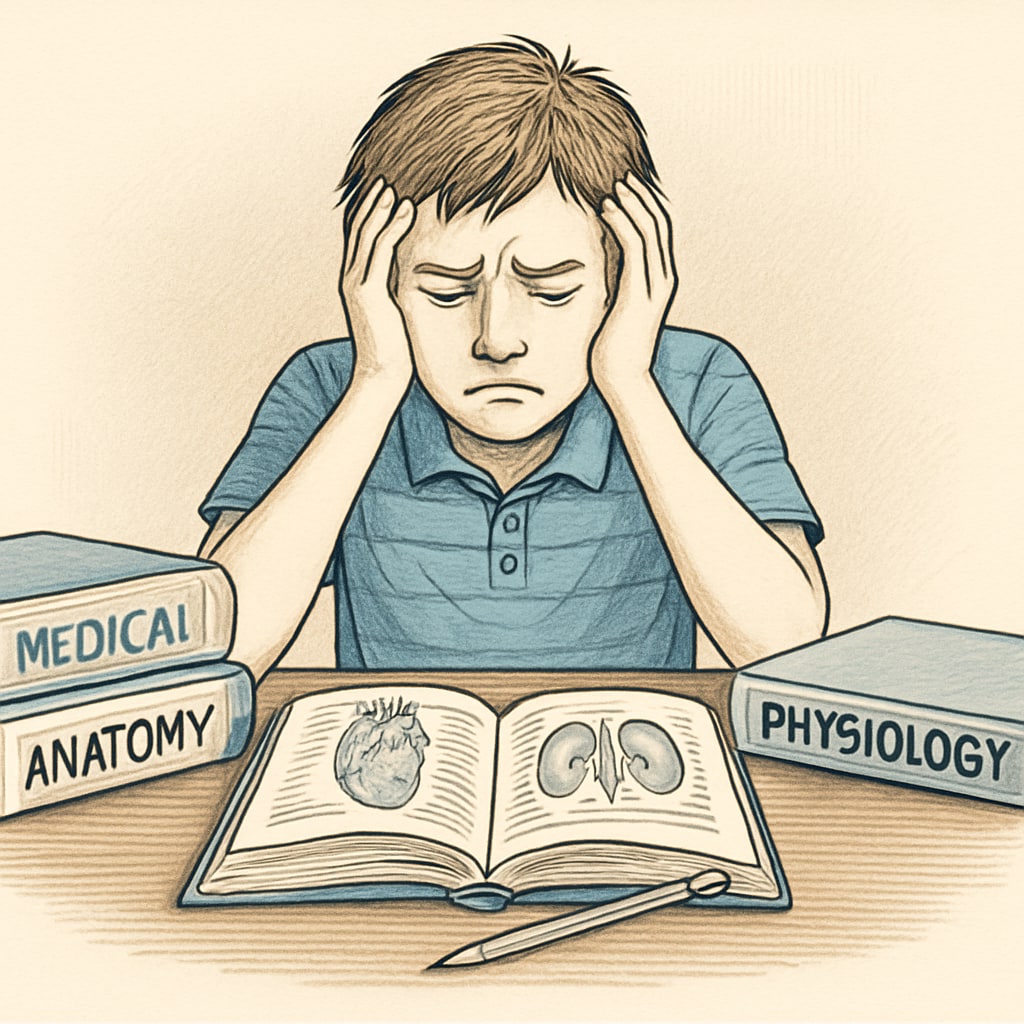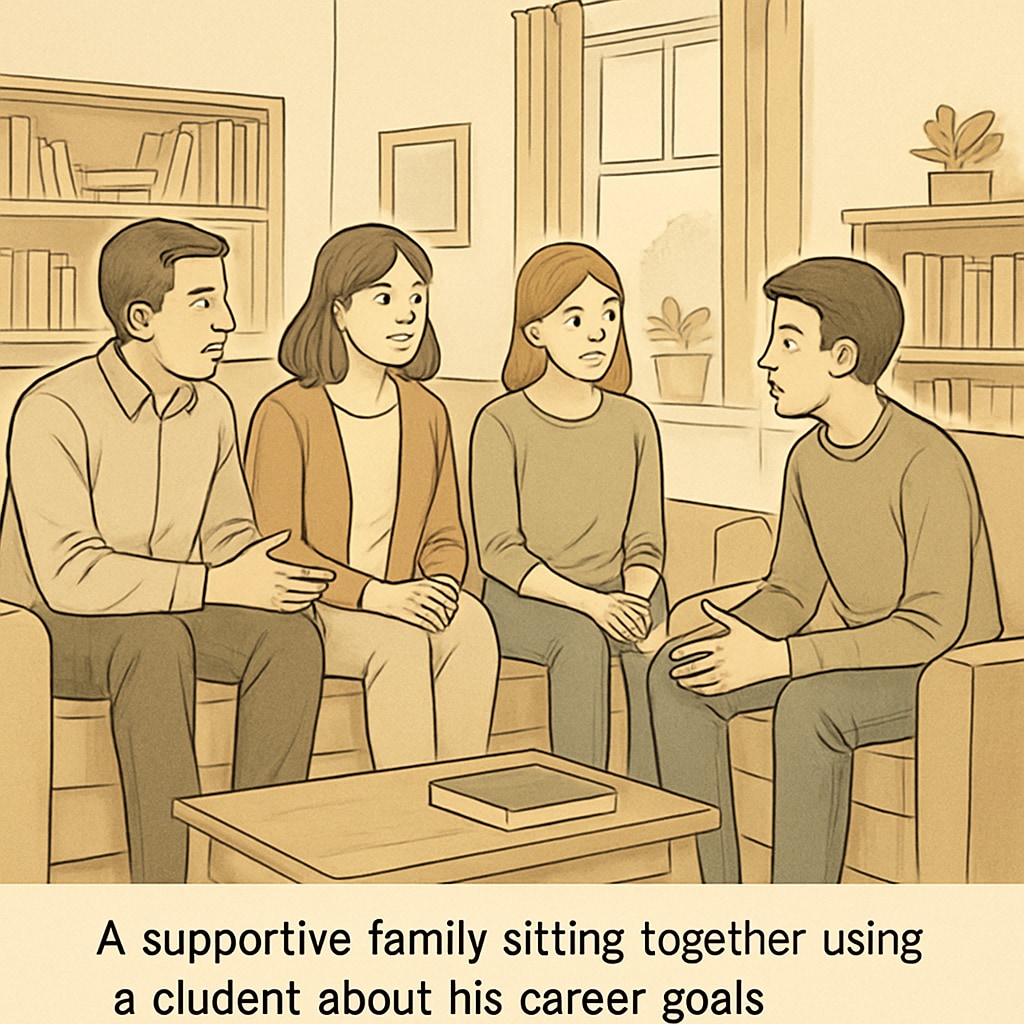Education challenges, medical dreams, learning disabilities, and family pressure often create a complex web of obstacles for many students. Aspiring to become a doctor is a noble pursuit, but for students with learning disabilities, this goal can seem daunting due to the rigorous demands of medical education and the expectations from family. In this article, we will examine these challenges, analyze structural issues within the education system, and provide practical strategies for navigating this path to success.
Understanding the Unique Challenges of Learning Disabilities
Students with learning disabilities face hurdles that are often underestimated by society. Conditions like dyslexia, ADHD, or auditory processing disorders demand personalized teaching approaches and additional time for comprehension. Unfortunately, many education systems lack the resources to accommodate these needs, making it harder for these students to excel in demanding fields such as medicine. This situation becomes even more challenging when combined with the weight of family expectations, which can amplify feelings of inadequacy and stress.

Navigating Family Pressure and Expectations
Family expectations often stem from a desire to see their children succeed in highly respected professions like medicine. While well-intentioned, these pressures can inadvertently burden students, especially those with learning disabilities. Striking a balance between pursuing one’s dreams and fulfilling family expectations requires open communication. Students should consider discussing their challenges openly with family members, helping them understand their unique learning needs and potential alternative paths to success.

Practical Strategies for Success
For students grappling with these challenges, here are some actionable strategies to ease the journey:
- Leverage specialized resources: Seek out tutors, learning disability specialists, or online platforms tailored to your condition. For example, organizations like International Dyslexia Association on Wikipedia provide valuable insights.
- Adopt effective study methods: Use techniques like active recall, spaced repetition, or visual aids to enhance learning efficiency.
- Build a support system: Surround yourself with friends, mentors, and educators who understand your struggles and can provide guidance.
- Consider alternative medical careers: If becoming a doctor feels unattainable, explore related fields like medical research, nursing, or therapy roles.
Recognizing Structural Issues in Education
The education system often favors traditional learning styles, neglecting the needs of students with disabilities. Schools and universities need to proactively invest in inclusive programs, training educators, and providing adaptive technologies. While some institutions are making progress, widespread change is still necessary to ensure equitable opportunities for all aspiring medical professionals.
For example, countries like Finland are known for their inclusive education systems (Education in Finland on Britannica), which could serve as models for other nations aiming to support diverse learners effectively.
Moving Forward: A New Perspective on Success
Success in the medical field should not be defined solely by becoming a physician. Students with learning disabilities can achieve meaningful careers in allied health professions, contributing to the healthcare system in equally impactful ways. By embracing their unique strengths and seeking out supportive environments, these individuals can turn challenges into opportunities.
Ultimately, the journey to overcome education challenges, medical dreams, learning disabilities, and family pressure is deeply personal. It requires resilience, self-awareness, and a willingness to explore unconventional pathways. With the right resources and support, success is well within reach.
Readability guidance: Use concise paragraphs and bullet points to summarize key ideas. Incorporate a mix of short and medium-length sentences and ensure smooth transitions between sections.


